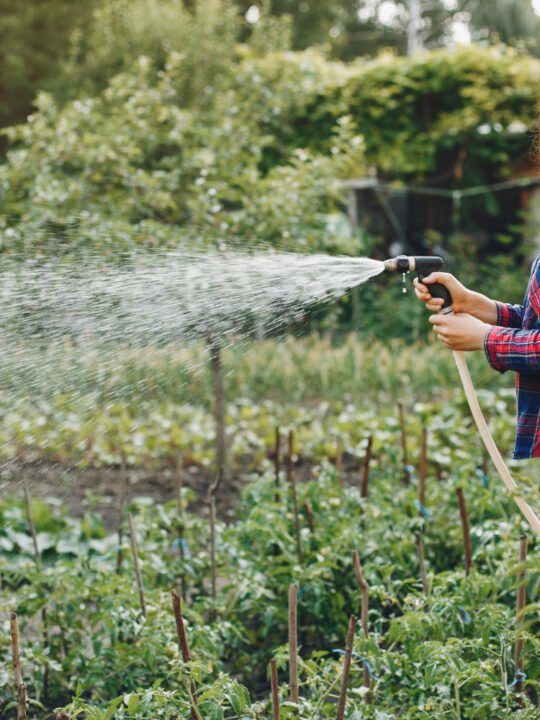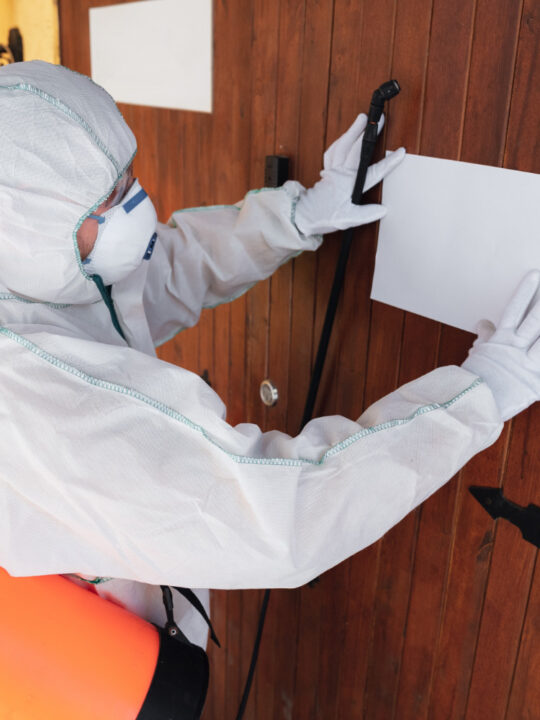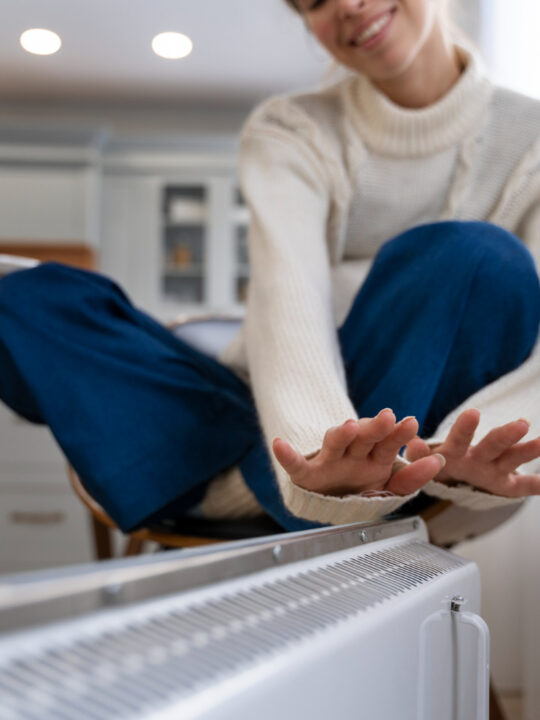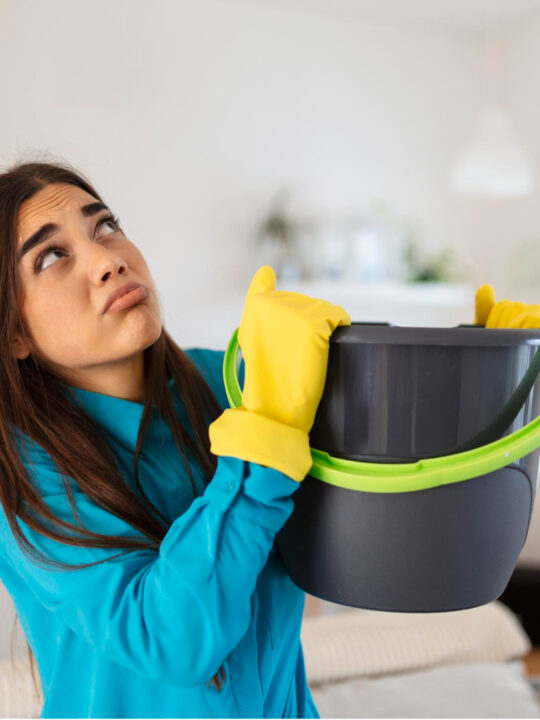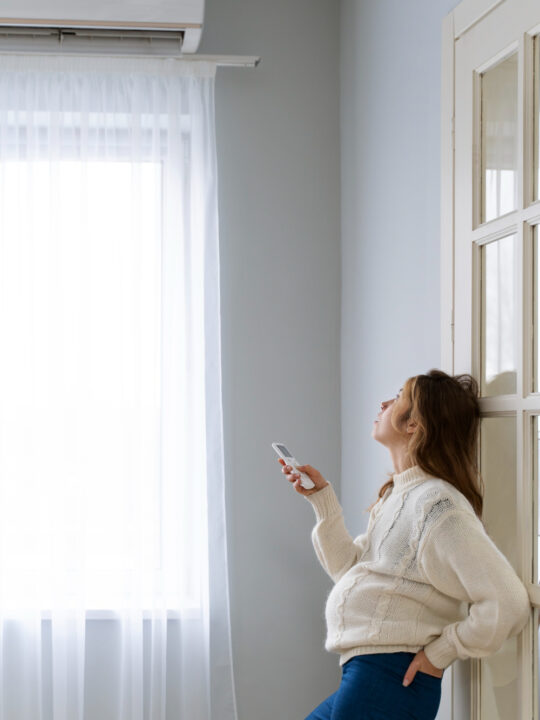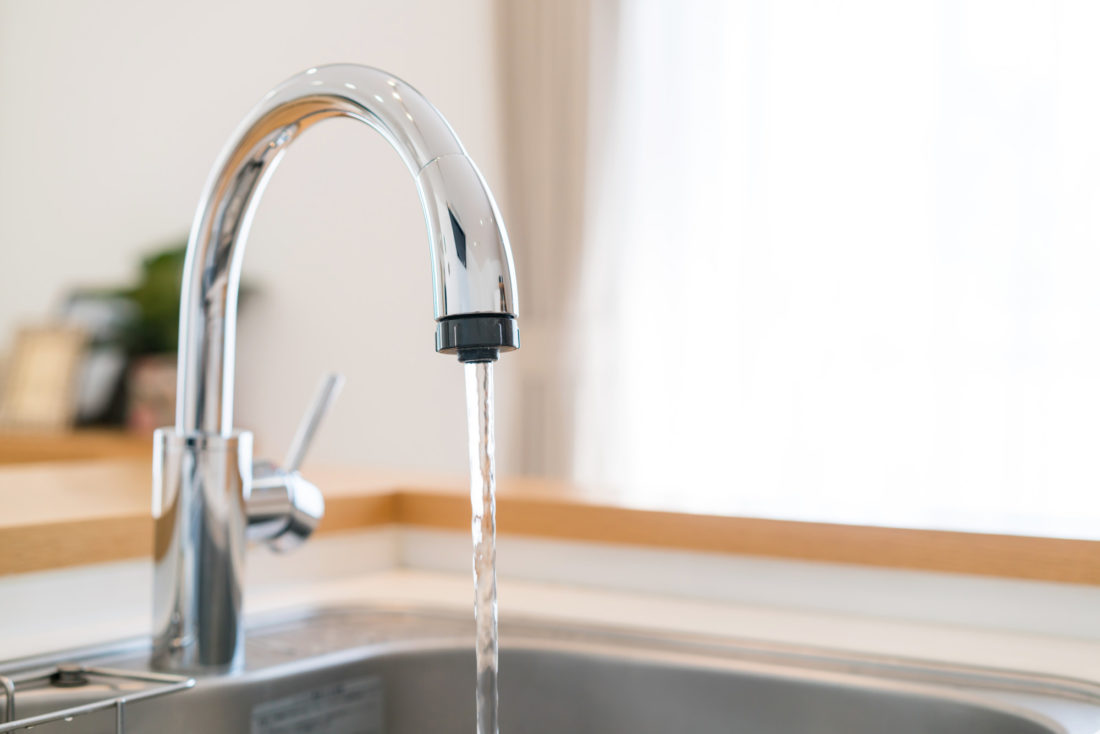 You might have heard that the general rule of thumb for staying hydrated is by drinking 4 to 6 cups of water a day.
You might have heard that the general rule of thumb for staying hydrated is by drinking 4 to 6 cups of water a day.
However, the perfect amount of water is individualized to each person’s health conditions and needs. Is tap water safe for meeting your daily dose?
Well, the short answer is yes!
However, if you’ve been curious or skeptical of the tap water vs. bottled water debate, look no further. Knowing that a simple “yes” or “no” may not be enough, here is a breakdown of everything you should know when it comes to the safety of drinking tap water!
Is Tap Water Safe? Yes, Here’s Why…
Being dubious towards the cleanliness and safety of your tap water isn’t crazy. After all, you’re just looking out for yourself.
But there’s no need to fear because, for the most part, tap water is totally safe to drink in comparison to bottled water. Here are some of the biggest concerns people have with tap water and why they aren’t something you need to freak out about.
Tap Water Has a History!
One of the concerns that people have about the safety of tap water comes with the history that tap water brings with it.
From the DuPont case that’s been turned into a movie starring Mark Ruffalo to the ongoing water crisis in Flint, Michigan, tap water has been involved in some truly scary stories. However, you can rest assured that your water is safe by analyzing where it is coming from.
To do this, you can check in with your zip code on the Environmental Working Group’s website. They do a lot of work each year to analyze the safety of your water from right where you are!
But What About Those Chemicals?
Now, you might be thinking things like, “What about those chemicals in tap water?”
And often these concerns are valid—especially because the reason water crises like the ones in Flint and DuPont happen because of an excess of dangerous chemicals in their tap water. However, 92% of the time the number of chemicals in your tap water is at a level that is too low to cause harm to your body.
Not only that, but sometimes dentists will actually recommend that you drink tap water (given that it is declared safe by your area) because the fluorides in it can strengthen your teeth.
Something you can do to monitor what chemicals are in your water and how safe it is to drink is to stay updated with the Environmental Protection Agency. The EPA oversees all the water distribution and its cleanliness all over the U.S., so checking in with them can help your stay up to date on the water where you live.
The majority of the time, you won’t need to worry about the chemicals in your water. But if you are, know that there are always resources you can use to ensure you’re drinking safe water.
Bottled Water Just Seems So Safe!
Another reason people seem dubious of tap water is because bottled water comes off as safer. In reality, most bottled water is just tap water anyway!
Not only this, but bottled water has its own circle of controversies, such as Dasani bottled water going through a history of scandals. Dasani and other bottled water companies also go through their own types of water treatment, meaning that they can potentially add chemicals to their water that tap water doesn’t even have.
Bottled water is also infamous for its use of the chemical BPA in creating the plastic for the bottles. Not to mention how expensive and environmentally costly it is in comparison to water from the tap.
Over half of bottled water turns out to be tap water, just, bottled. Per gallon, tap water ends up costing only half a cent while bottled water can cost up to $9.50!
Not to mention that all of those plastic bottles end up getting tossed in the trash or on the ground if they don’t end up getting recycled. So, when you choose tap over bottled, you can save yourself money and support the environment at the same time.
Are There Any Precautions I Can Take?
Finally, there are also questions about safety precautions for those who still feel skeptical about their tap water. The best way to make sure your water is clean—tap or bottled—is by buying a filter.
Water filters are key tools that can help remove lead from water and get rid of other unwanted chemicals. This is something you can actively do to combat drinking unclean water no matter where it is coming from.
Filtering your water is also a good way to remove the odd taste that turns people away from tap water. While it can taste a little funny, using a water filter can change the game completely.
Water filters can also come in many shapes and sizes, from pitchers to fridge water filters to attachments you can put onto your sink. It’s all about how much you’re willing to pay as well as what would be the best fit for you.
Beyond this, you can also make sure to stay as informed as possible by keeping up with the resources we mentioned before. As long as you are doing these things, you can be sure that the water you’re drinking is safe no matter where it’s coming from.
Stay Hydrated!
So, what are you waiting for? Get your daily dose of H2O in no matter the source!
Now you have a solid foundation of knowledge when it comes to the question, “Is tap water safe?” And you’re also going to save yourself some serious money while helping the environment at the same time.
If you enjoyed reading this post, be sure to check out some of our other ones, and don’t forget to check in again for more content!
